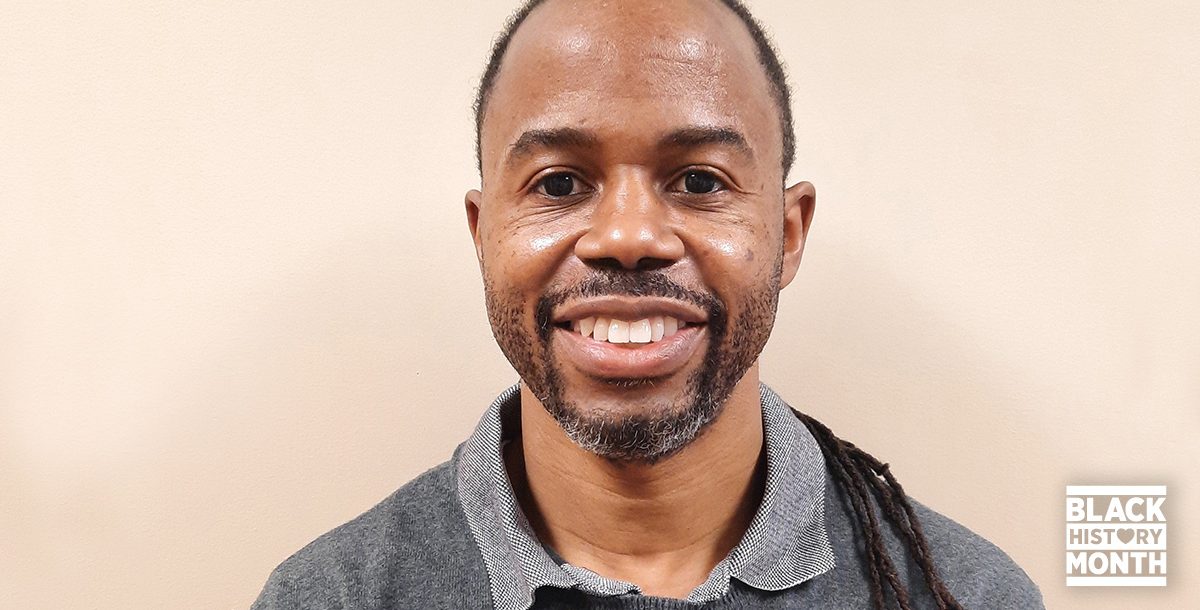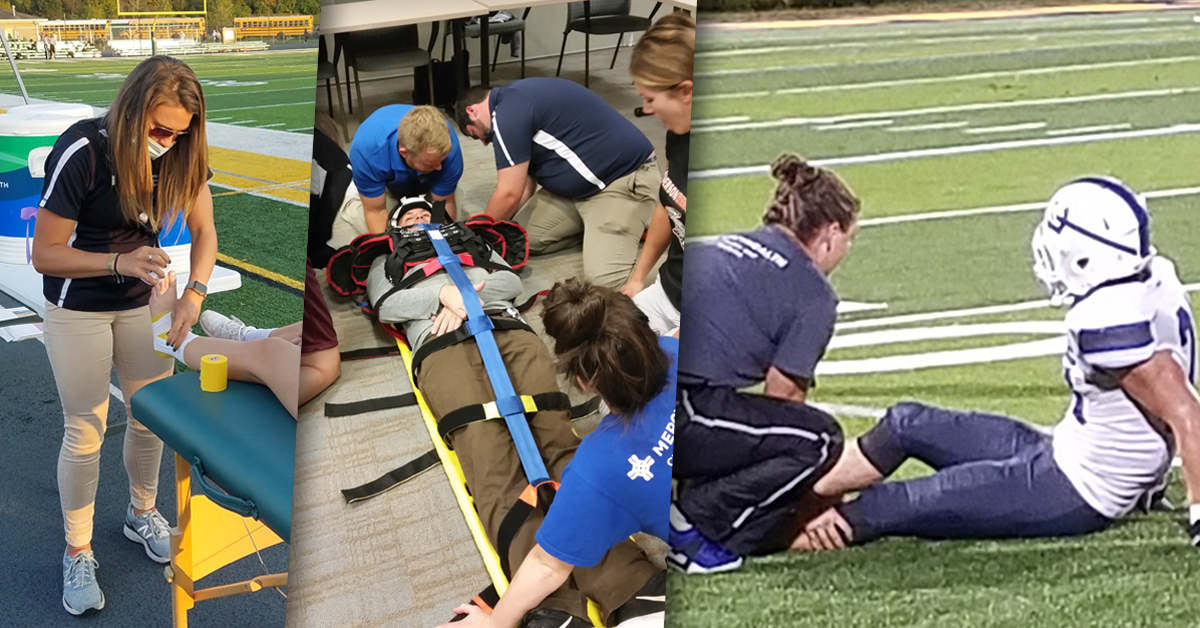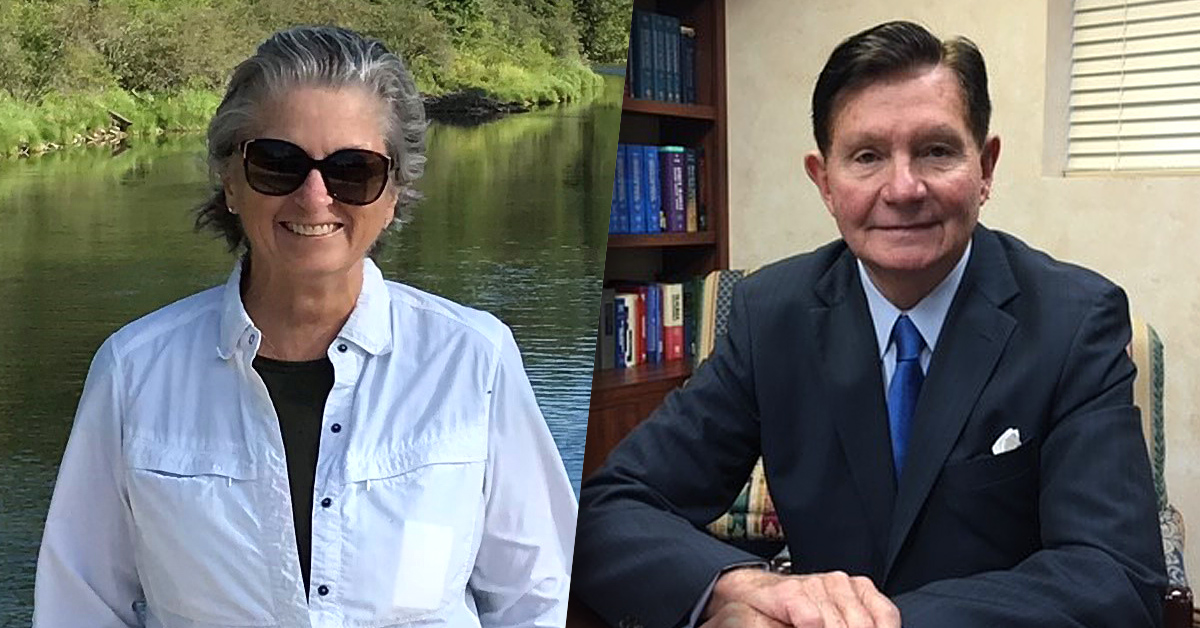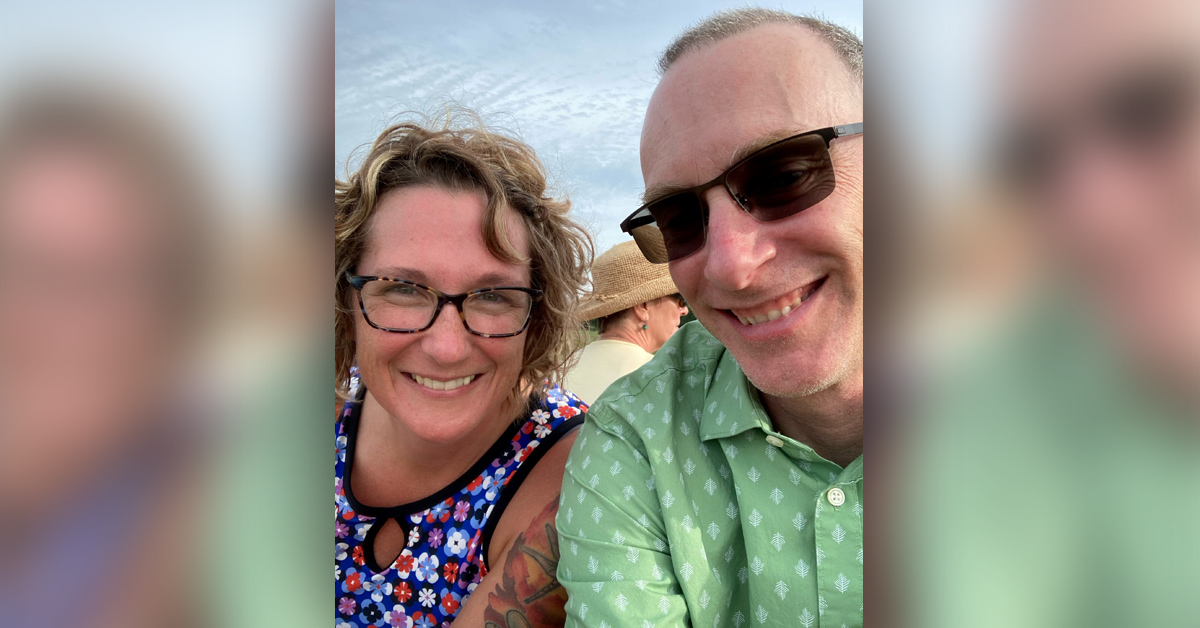At Mercy Health, we celebrate the diversity of our team members every day. And Black History Month is an extra special time for reflection.
We had an opportunity to connect with one of our physical therapists in our Cincinnati market, Jonathan Tatum, DPT, CWC, OMT-C. Learn more about Jonathan’s personal history, his connection to Black History Month and his hopes for the future in this special Q&A.
Q: When did you first know you wanted to go into medicine?
A: As a junior in high school I had a summer job at a local hospital working in the physical therapy department. I had the opportunity to assist the therapist with patient care. On my last day, a patient that I had been caring for told me I had made a difference in his life. His words were a catalyst to me.
Q: What is your role in our ministry?
A: My role at Mercy Health is providing care as a staff physical therapist. My specialty areas are vestibular (dealing with inner ear and balance) and general orthopedics. Another role I have is as site clinical coordinator of education for Mercy Health – Fairfield Hospital and co-chair site clinical coordinator of education for orthopedic AND sports medicine in our Cincinnati market. In these roles I help with physical therapy student placement for clinical internships, partnering with our regional schools and beyond.
Q: Which Black pioneers in medicine have influenced you?
A: Linda Woodruff, PT, pioneered and help develop many programs across the country while advocating for diversity in the profession of physical therapy. Dr. Woodruff encouraged her PT students and mentees to make an impact on the profession of physical therapy by being advocates for diversity, staying relevant and representing yourself.
Another Black provider that has influenced me is Ben Carson, MD. He is a pediatric neurosurgeon who paved the way for other African American surgeons to be confident and effective in the practice of medicine.
Q: Who has been the most influential person to you and how have they impacted your life?
A: The most influential person in my personal life is my father, Joe Tatum. He encouraged me to be respectful of others regardless of the color of their skin, carry myself with confidence, care for the things I have and love my family.
Q: What obstacles did you face during your path to becoming a medical professional?
A: Some obstacles that come to mind were being denied entry into two physical programs and failing one of my clinical internships. These obstacles were only temporary roadblocks though and they helped build my character to who I am today. Though uncomfortable at the time, I’m grateful now for those experiences.
Q: How do the values of diversity and inclusion impact the way you deliver health care?
A: The values of diversity and inclusion are constantly on my mind. Through the years, I realized that every culture and every patient wants to be respected. If we humble ourselves, listen and learn, we can make a difference in each of our patients’ lives. We must practice with patience, sensitivity and compassion to achieve the goal of inclusion.
Q: What do you see as the biggest health issue in the Black community and how could that be improved?
A: The biggest health issue in the Black community is diabetes. This health issue has devastated our Black communities for years. More community education and access to this education in our communities is needed. I believe some of our medical schools, PT schools and ancillary professional schools could play a big role to bring awareness. This would drive cultural sensitivity and compassion for the community.
Q: What does Black History Month mean to you?
A: Black history has been an integral part of my upbringing. As a child it was an opportunity for me to learn the accomplishments of our Black entrepreneurs, advocates and leaders that contributed to our country. Still today, to be able to celebrate their bravery and courage is encouraging to me. Honoring Black history is an important tradition that my family continues.
Q: What is one piece of advice you would give to a Black medical student?
A: Know yourself, know your purpose, practice with compassion and sensitivity.
Visit the Mercy Health website to learn more about our ministry.







1 Comment
Post a CommentSheila Mensah
Inspiring!